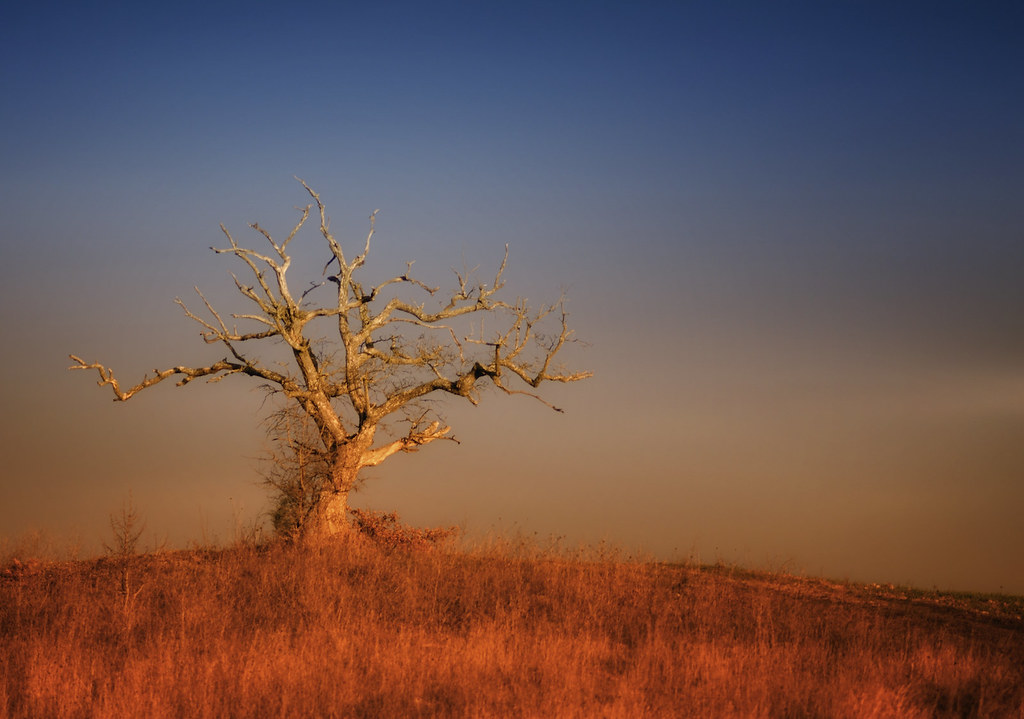Shell also did and saved research on climate change
- 34 years ago the company Shell analysed the effects of climate change, as explained in a confidential report released this month by researcher Benjamin Francés. Aware of the origin of climate change and its multiple influences, the Dutch oil company for years denied the existence and gravity of climate change. This discovery can lead to climate litigation.

There may be more inclement, more drought, more flooding. The average sea level would rise by at least 30 centimeters. Cultivation models would be completely modified. Although there are no major changes in the rainy season, the functioning of some ecosystems would be severely impaired, and many trees, plants and animal species would not be able to migrate and adapt. However, changes would affect humans to a greater extent. In past times man had the opportunity to travel to other territories. You can't go anywhere today, because people are everywhere. Perhaps those living in industrialized countries could adapt to rising sea levels (example of Holland), but for poor countries such defenses are impossible. The problem of refugees in the hypothesis of "global commodification" would be unprecedented. Africans would come into Europe, Chinese into Siberia, Latin Americans into the United States, Indonesians into Australia. The limits would serve little, with overflowing quantities. Conflicts would increase. We can see that civilization is fragile. The logic of the “sustainable world” is a society that chooses to guide investments in environmental protection against this contingency.”
This excerpt seems to come from a book of recent years on collapse, written in 1989. And those who wrote it were not militants of an environmental group, not even the philosopher Jean-Pierre Dupuy who called catastrophism to work, but the authors of a confidential report by the Dutch oil company Royal Dutch Shell in October 1989. The document entitled Scenarios 1989-2010, challenge and response (“Scenarios, challenges and responses 1989-2010”).
It analysed the future of human activities based on two greenhouse gas emission scenarios: a so-called “sustainable world” and another “global commercialism”. In the first scenario, greenhouse gas emissions would peak around the year 2000 and fall rapidly. The atmospheric concentration of CO2 would be within 400 ppm. In the second scenario, on the contrary, emissions would continue to rise, which is the path we have followed so far.
In addition, this report by Shell explains that even in the “sustainable world” scenario, more than one degree of climate could be heated – as we see today – but we could alleviate the problem. In the “global commercialism” scenario, on the contrary, warming could be “significantly higher”.
Despite these concrete predictions, i.e. that it would lead to high-level destructions, researcher Benjamin Francés of the University of Oxford, who has published this confidential 1989 report, states that the company Shell chose to push the world forward to a more carbon situation.
He says that “this document stresses that Shell and the fossil fuel industry had the opportunity to make informed choices about the global catastrophe in return for short-term profits.” Particularly noteworthy is the cynicism from the conclusion of the report: “In this situation a human being can have little power to impose cuts, but collectively society has power. The norms can be created, agreed upon and implemented so as not to exceed the capacity of the communal assets and to be able to equitably distribute the acquisition of the communal ones”. After this report, throughout the 1990s, Shelle denied the existence and gravity of climate change, spreading false information through the Global Climate Coalition network, among other things, as France warns. It is – and how – further proof that the fossil fuel sector has concealed its investigations and raised doubts, such as the ExxonMobil companies mentioned in January in ARGIA, and Total in September.
Climate disputes
Benjamin Francés is an expert in climate litigation at the University of Oxford. These disputes are in environmental law and have proliferated over the past two decades, particularly in the United States, Australia and Europe. They use legal practice to force governments or large companies to take initiatives to mitigate climate change. The other objective is to generate jurisprudence through it, in order to give more possibilities to win later issues. They exercise constitutional law, administrative law, private law, the right to consumer protection or human rights. So far, issues of success have focused on advancing climate justice needs and on the youth climate movement izan.Herbehereetan, the first issue of success, as the Urgenda Foundation won against the government in 2015, accused of not trying to mitigate climate change. Subsequently, the Government postponed the appeal and the Supreme Court ratified in 2019 the decision on the first issue. The decision was based on the need for government care, and the same principle can be applied in many states of the world. Although this need cannot be used as an argument against Shell, this report seems sufficient for a new climate dispute. Although we are late, legal remedies are also tools for dealing with the situation.
In Western societies that appear to be increasingly “complotist”, it is striking that the accomplices of this scale organised by the fossil fuel industry are so scandalous. Channeling research, hiding its conclusions and spreading its opposite theses, questioning the duration of civilization to ensure short-term benefits (“we could see that civilization is somewhat fragile” Shell dixit)... does not seem enough to lift global battles. Isn't the problem because we're giants and we don't believe what we know yet?
Klima aldaketaren eraginez, munduko lurralde gero eta gehiago idortzen ari dira, milioika pertsonaren jarduera eta bizimoduak kolokan ezarririk. Fenomeno horren frontean dago India erdialdeko Maharashtra estatua, non klimaren berotzeari eta lehortzeari metatu zaizkien oihan... [+]
Today’s Venice is built on an archipelago of 118 islands. These islands are connected by 455 bridges. The city is based on mud rather than Lura. Millions of trees in the area were cut down from the 9th century onwards to build piles and cement the city. Years have passed and... [+]
Lurrak guri zuhaitzak eman, eta guk lurrari egurra. Egungo bizimoldea bideraezina dela ikusita, Suitzako Alderdi Berdearen gazte adarrak galdeketara deitu ditu herritarrak, “garapen” ekonomikoa planetaren mugen gainetik jarri ala ez erabakitzeko. Izan ere, mundu... [+]
Eskola inguruko natur guneak aztertu dituzte Hernaniko Lehen Hezkuntzako bost ikastetxeetako ikasleek. Helburua, bikoitza: klima larrialdiari aurre egiteko eremu horiek identifikatu eta kontserbatzea batetik, eta hezkuntzarako erabiltzea, bestetik. Eskola bakoitzak natur eremu... [+]
Agintari gutxik aitortzen dute publikoki, disimulurik eta konplexurik gabe, multinazional kutsatzaileen alde daudela. Nahiago izaten dute enpresa horien aurpegi berdea babestu, “planetaren alde” lan egiten ari direla harro azpimarratu, eta kutsadura eta marroiz... [+]
Biologian doktorea, CESIC Zientzia Ikerketen Kontseilu Nagusiko ikerlaria eta Madrilgo Rey Juan Carlos unibertsitateko irakaslea, Fernando Valladares (Mar del Plata, 1965) klima aldaketa eta ingurumen gaietan Espainiako Estatuko ahots kritiko ezagunenetako bat da. Urteak... [+]
Nola azaldu 10-12 urteko ikasleei bioaniztasunaren galerak eta klima aldaketaren ondorioek duten larritasuna, “ez dago ezer egiterik” ideia alboratu eta planetaren alde elkarrekin zer egin dezakegun gogoetatzeko? Fernando Valladares biologoak hainbat gako eman dizkie... [+]
Eskoziako Lur Garaietara otsoak itzularazteak basoak bere onera ekartzen lagunduko lukeela adierazi dute Leeds unibertsitateko ikertzaileek.. Horrek, era berean, klima-larrialdiari aurre egiteko balioko lukeela baieztatu dute, basoek atmosferako karbono-dioxidoa xurgatuko... [+]












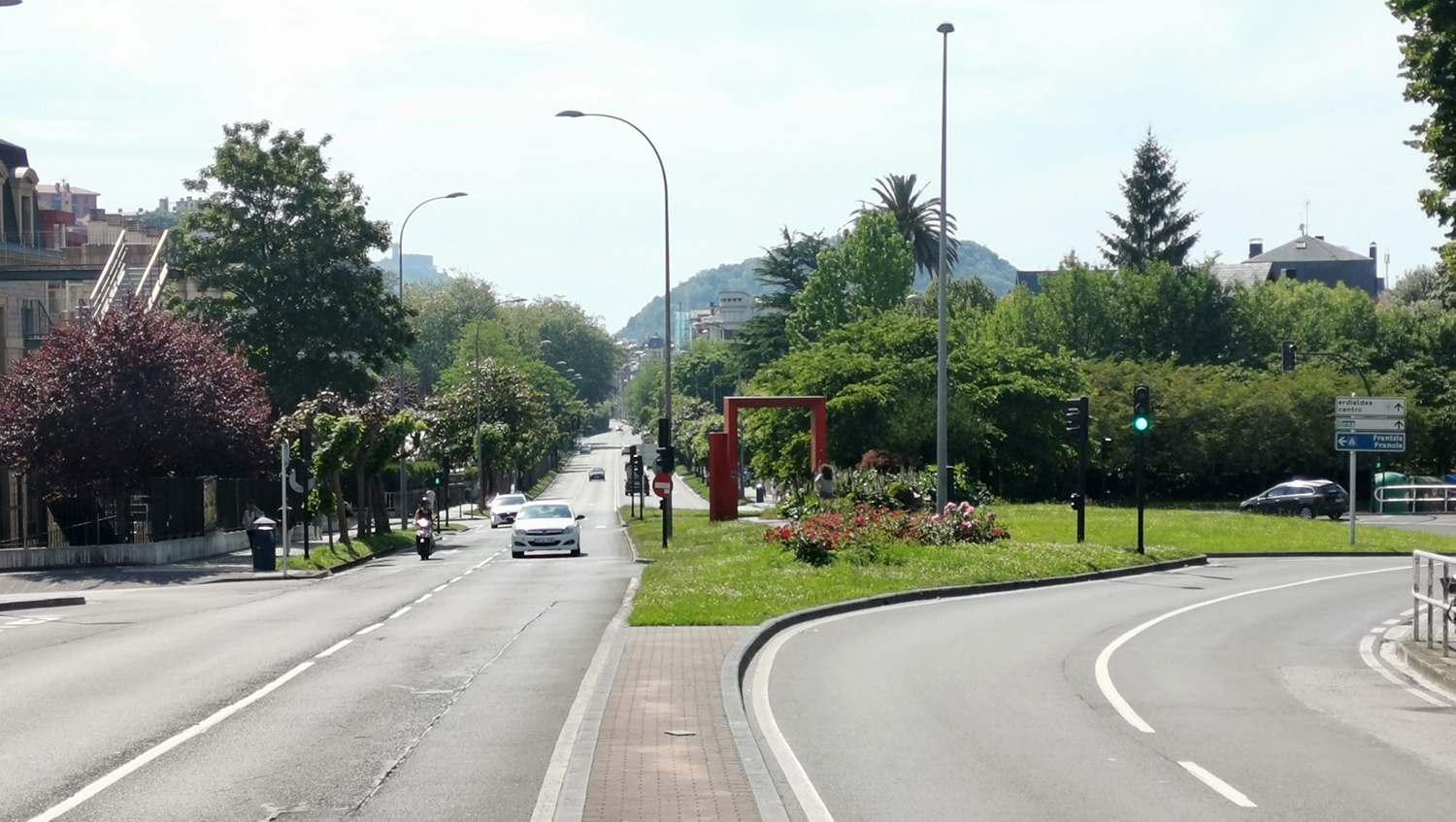




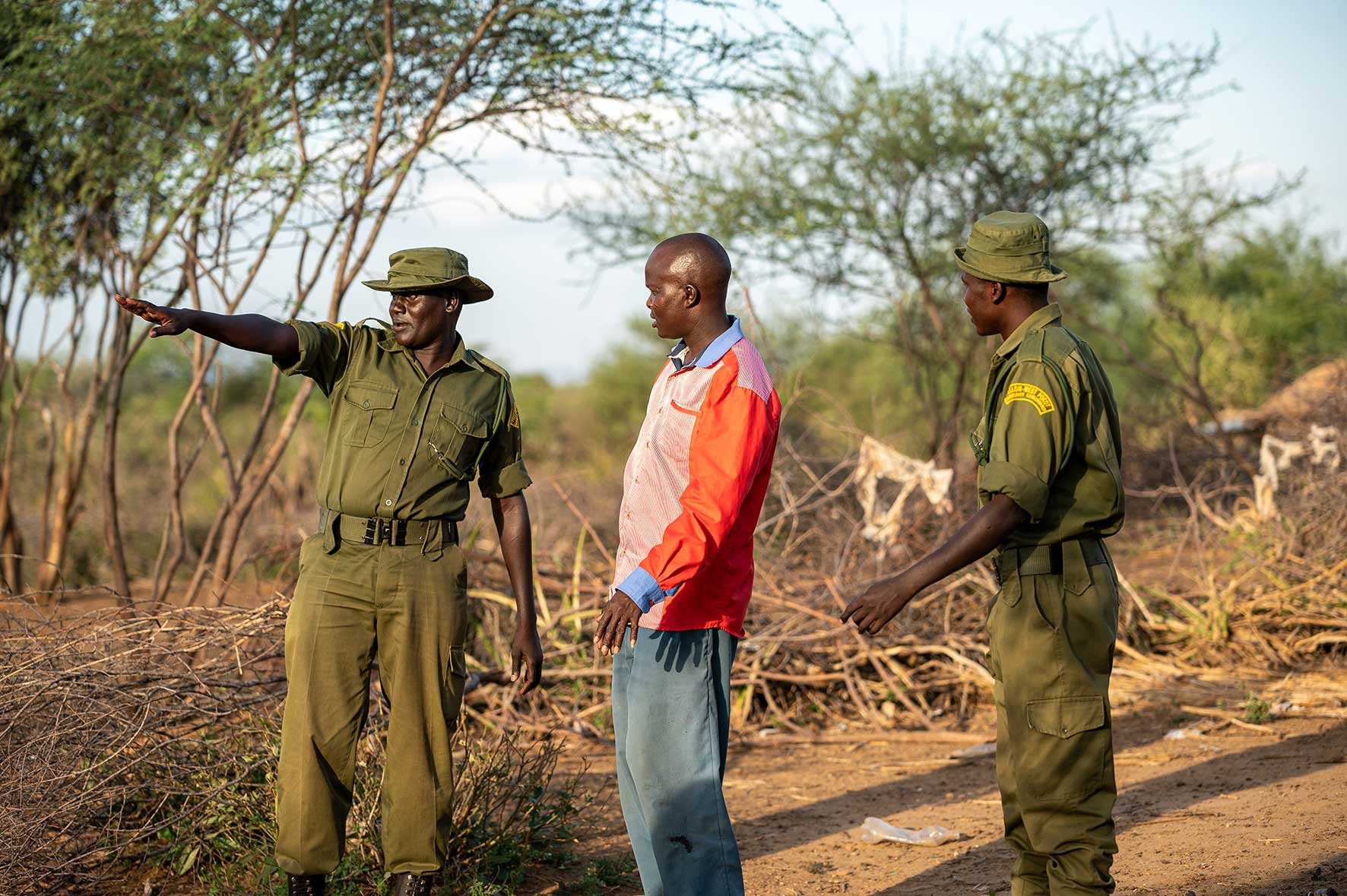
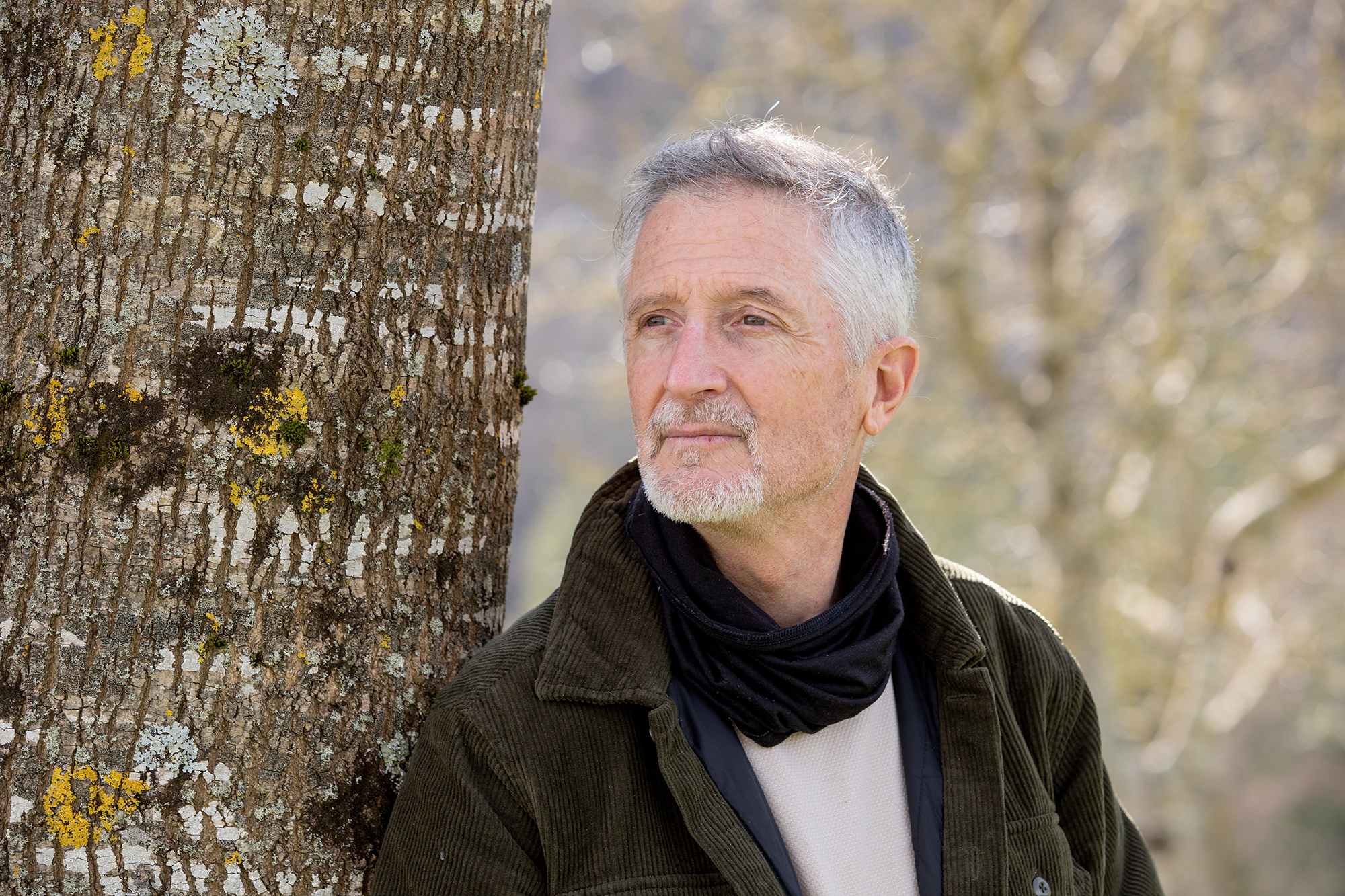

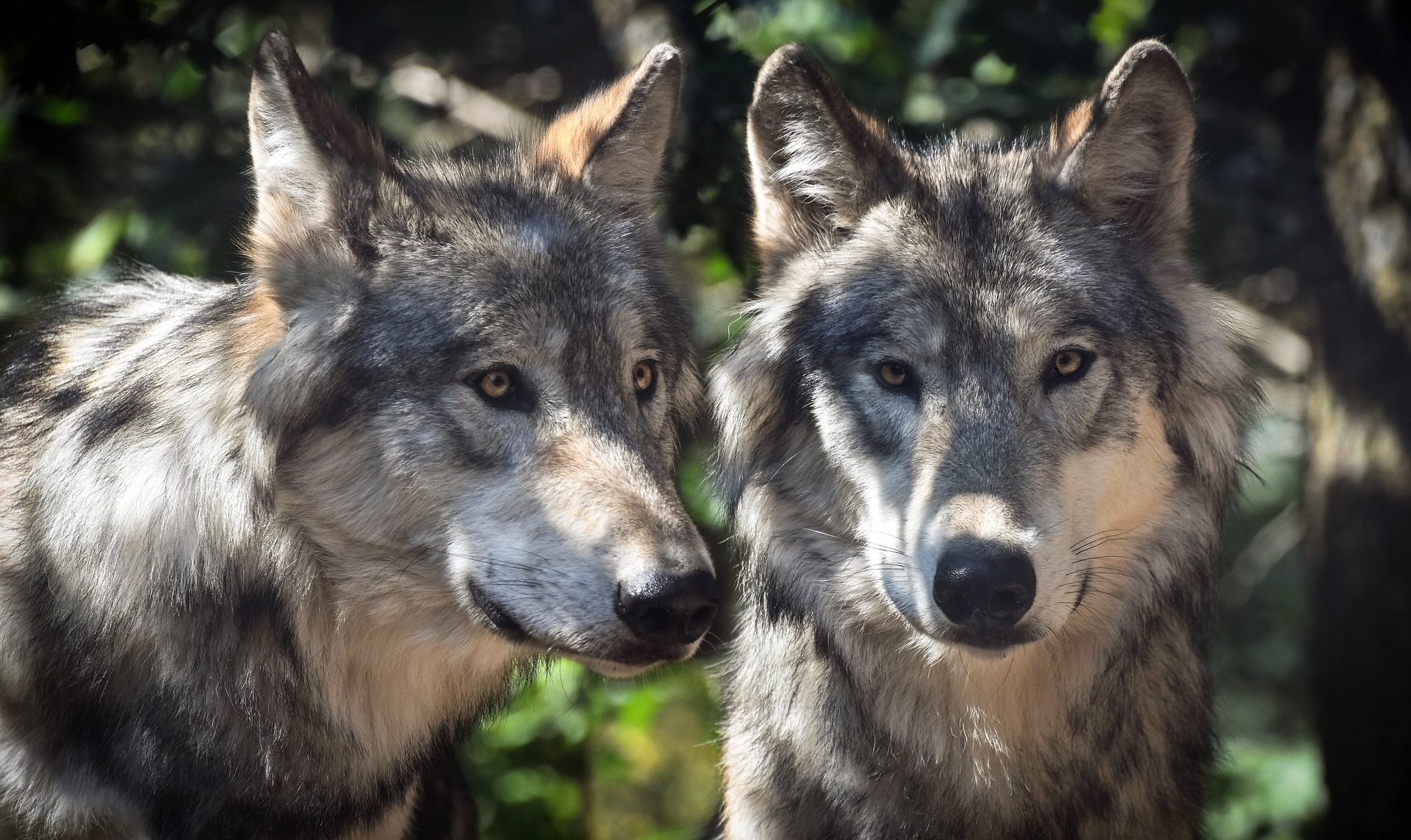
_Glaciar.png)
